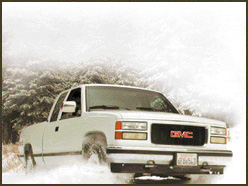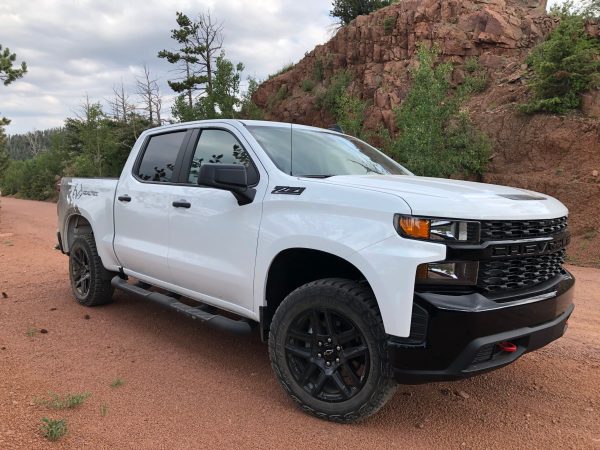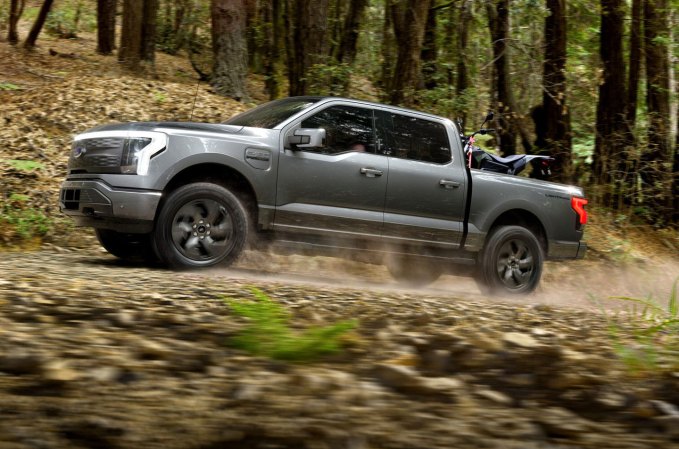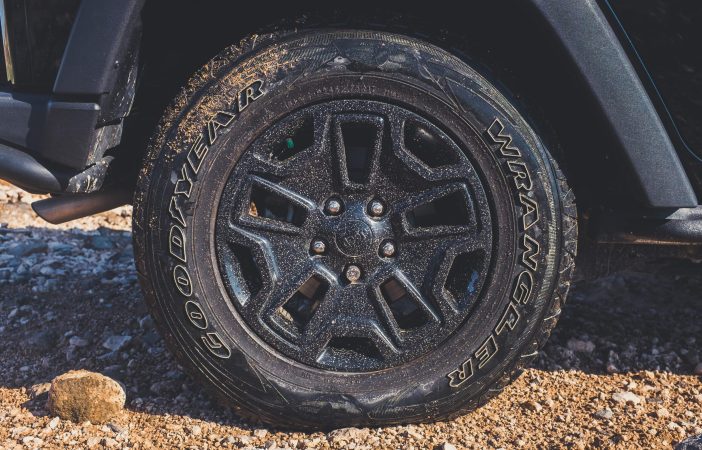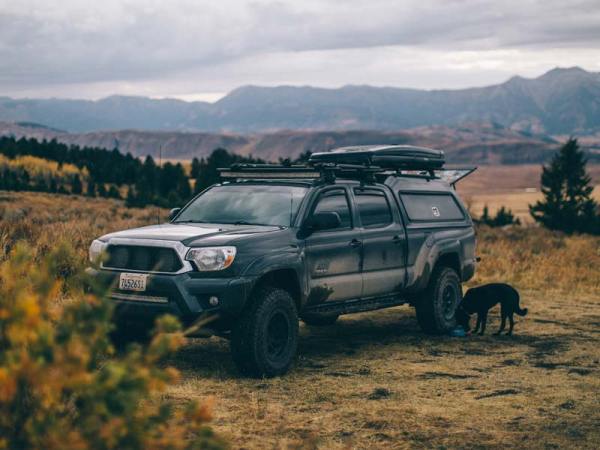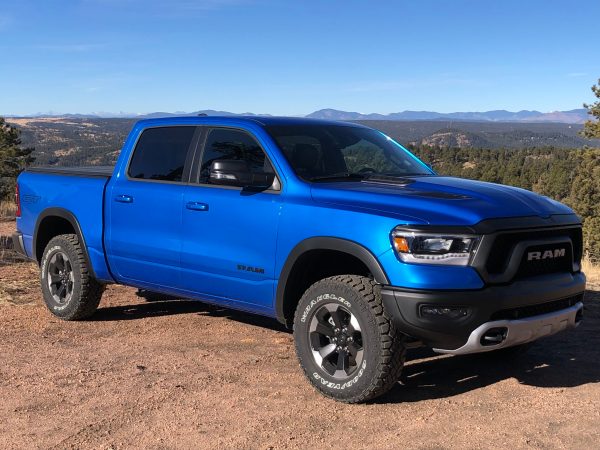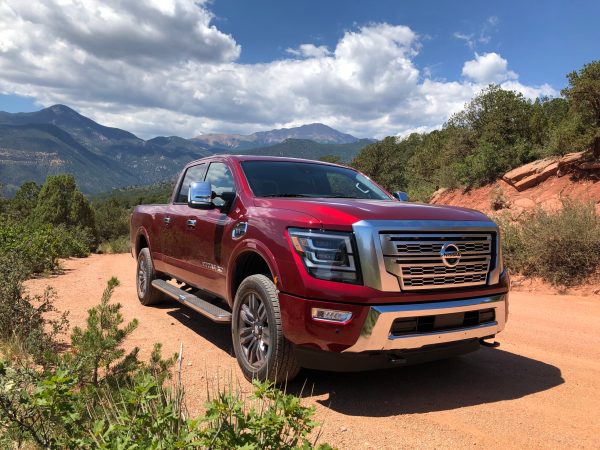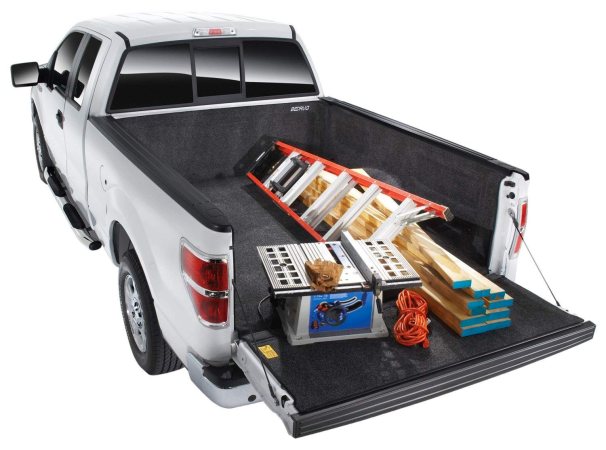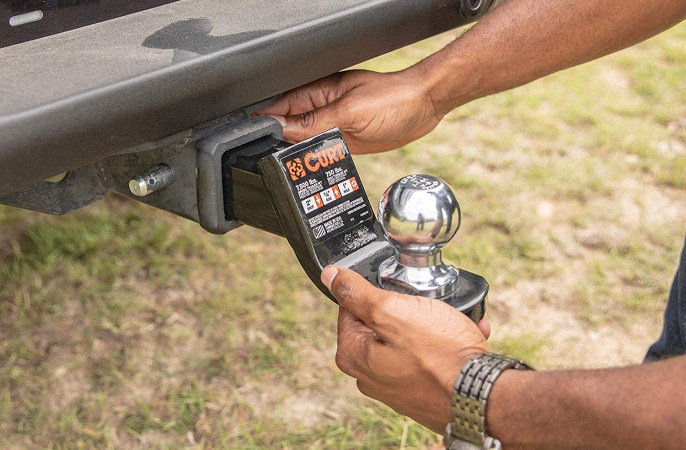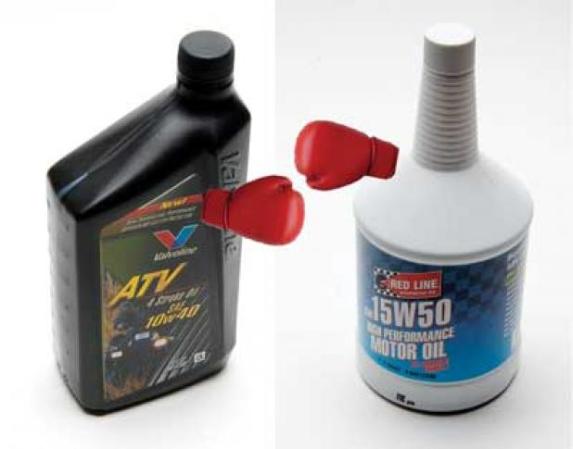We may earn revenue from the products available on this page and participate in affiliate programs. Learn More ›
Oil grade (or weight) is probably the single most important factor in choosing an engine oil. The grade numbers on the bottle correspond to the oil’s viscosity, or thickness. The smaller the number, the thinner the oil. Multigrade oils are popular because, under all but very extreme conditions, they are thin enough to flow well in cold weather but still retain enough thickness for high-temperature lubrication. In fact, the “W” designation on a multigrade bottle, such as 10W-30, stands for “winter,” or the oil’s flow characteristics in cold temperatures. A single-grade oil is recommended only for use in a narrow set of temperature conditions.
**What oil Works Best? **
Is synthetic oil really worth triple the cost of conventional, mineral-based oil? That depends on the conditions in which you use your truck.
Synthetic oil is a wholly man-made product engineered to maintain its lubricating properties at temperatures extreme enough to thicken or break down conventional oil. Its detergent and dispersant properties also do a better job of cleaning contaminants than the additives in mineral-based oil. So if you drive in subzero or 100-plus- degree temperatures, or in extremely dusty or dirty conditions, synthetic oil might be a good investment. On the other hand, if your ambient temperature range is not as wide, and you change your oil religiously, a synthetic is probably overkill. (In the oil industry, changing your oil “religiously” means changing it every 1,000 miles. We call that “fanatically.”)
Several oil makers produce blends of synthetic and mineral-based oil that offer some of the low-temperature flow characteristics and high-temperature protection of a synthetic. Blends are cheaper than a full synthetic-at our local parts store, a quart of conventional 10W-30 was around $1.60, a synthetic was about $4.50 and a blend was about $2.50-but they don’t offer the same level of protection.
**Two Tips for Engine Life **
Two caveats regarding synthetic engine oils: You shouldn’t mix conventional and synthetic oils, as the mineral oil will degrade the synthetic’s performance. In an emergency you can top off with conventional oil (some oil is better than none), but it’s always best to add synthetic.
Also, using synthetic oil doesn’t mean you can go longer between oil changes. Synthetic oil isn’t as prone to temperature-related breakdown, but it still gets dirty. And if you push the drain intervals beyond manufacturer recommendations, you risk voiding your warranty.
